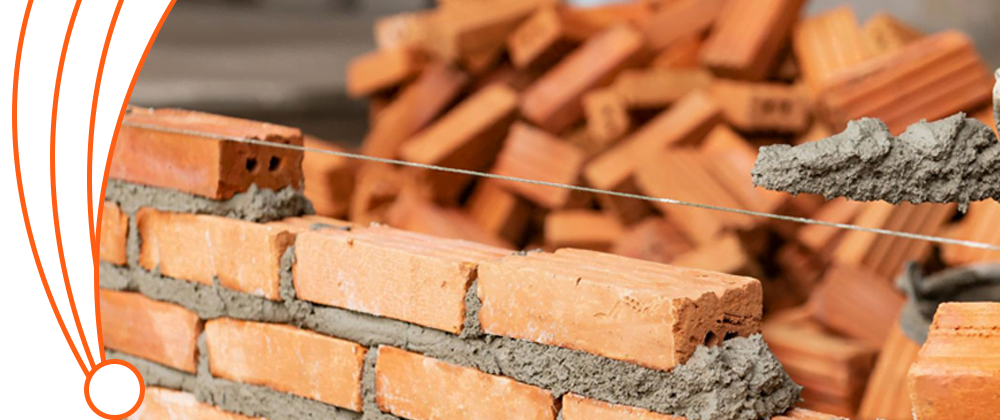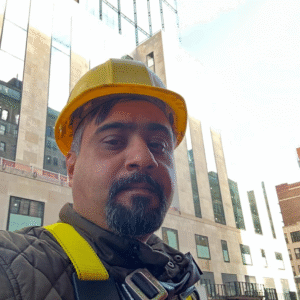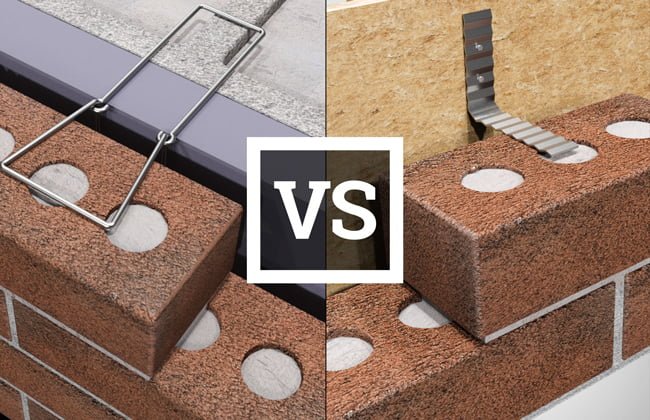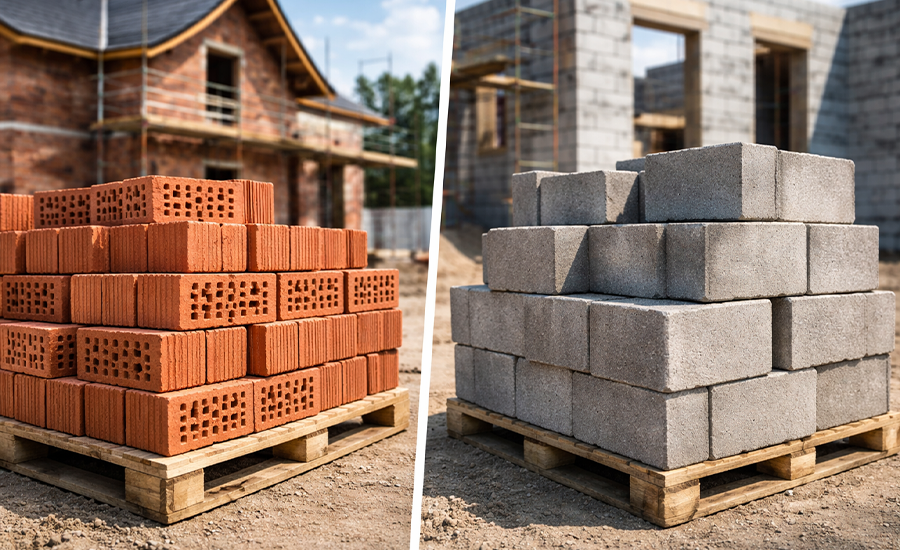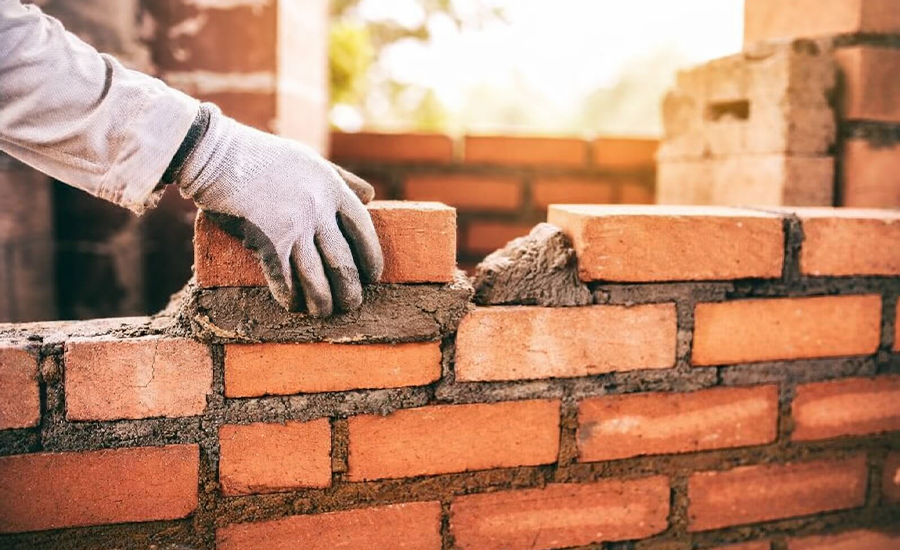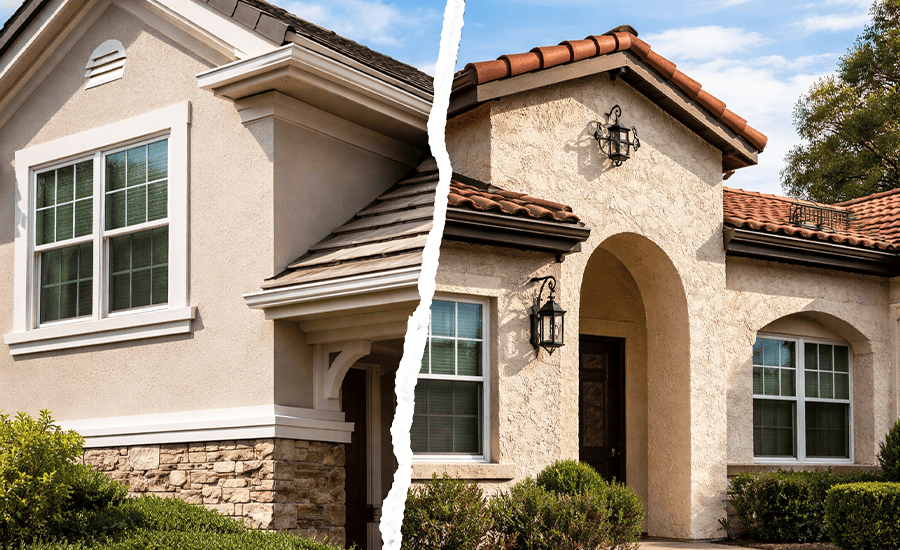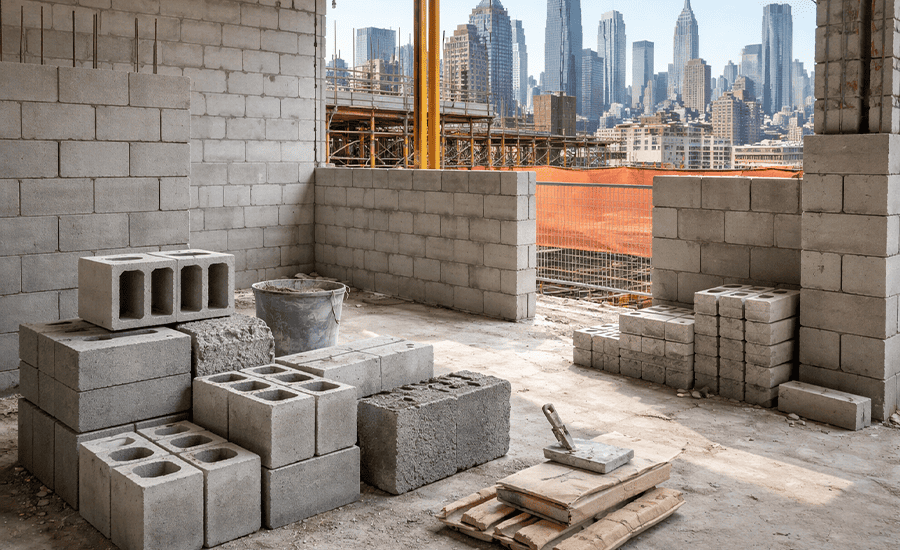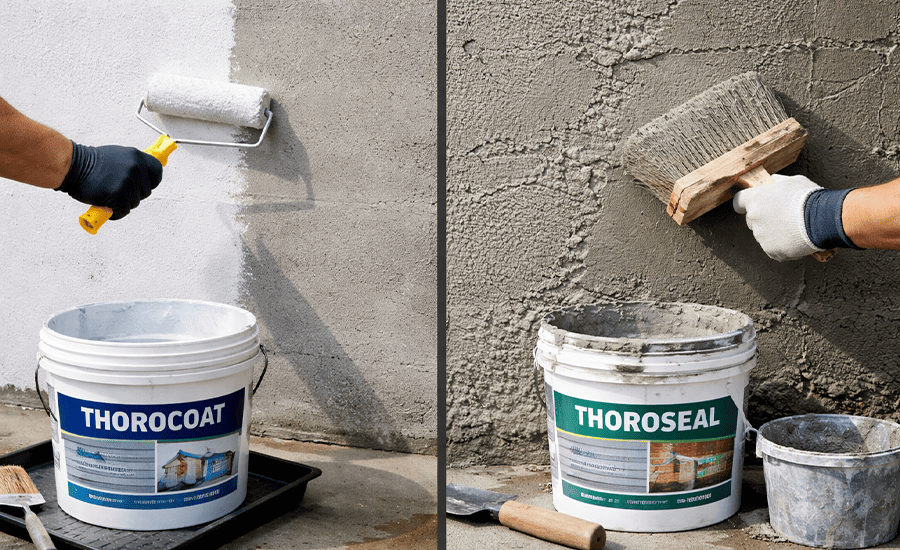Repointing is often neglected, but it’s the most vulnerable part in maintaining the building’s integrity. As time passes and no ongoing maintenance happens, the mortar between the bricks starts breaking down, due to which the residential & commercial buildings are exposed to compromised masonry, water damage & pollutants. This is when the professionals assess the need for repointing. Brick pointing or repointing involves the process of replacing aged mortar with new one. But the question arises, how professionals determine the signs of weak masonry, and where are the bricks meant to be repointed? Let’s discuss further in this blog about how professionals make our brick structures strong & sturdy for the long run.
How to Identify Repointing Needs?
Repointing is one of the most applicable techniques in NYC to remove the worn-out mortar and replace it with fresh one. Because if it’s left neglected, then we have to face costly repairs. Choosing the right material for repointing is very important. Professionals can easily assess the need for repointing by using the techniques given below:
1. Looking Over the Surface
The inspection to assess the need for repointing begins with a visual survey of the structure. Some of the major red flags of mortar deterioration include:
Flaking Mortar
When mortar starts decaying & becomes fragile, it is a sign of an underlying issue.
Narrow Fissures
When minor cracks start appearing on the walls, it may cause water intrusion and lead to freezing expansions.
Surface Blemishes
Dark stains or uneven coloring on the walls may cause fungal growth or surface breakdown.
2. Hands-on Evaluation
Our repointing professionals in NYC don’t depend only on the visual testing but also on hands-on evaluation. Techniques, including pressing mortars lightly, help determine the mortar’s integrity & durability.
Abrasion Test
A professional uses small tools or a fingernail to identify the sturdiness of the mortar. If it’s soft and flaking, then it’s a sign of mortar weakness.
Compression Test
Professionals use light pressure on the mortar, and if it deforms, they determine that your mortar needs prompt repointing.
3. Water Intrusion Analysis
Water can be a severe threat to masonry. Your structure can go through significant damage if water can penetrate your walls, but professionals use different methods to analyze the moisture concerns.
Efflorescence Check
When a white, chalky substance starts appearing on the bricks, it means that water is seeping into the masonry, which causes salt deposits on the surface. So it identifies the rapid need for repointing.
Indoor Wall Assessment
Water intrusions are commonly caused by compromised mortar, which lets water seep in; that’s why damp patches appear inside the wall.
4. Structural History Analysis
Older homes of Westchester and Manhattan’s historic facade have different types of mortar texture, designs, and joint detailing, due to which professionals take into account repointing.
Building’s Lifespan
Determining the building’s life span can help us during repointing because it requires compatible materials, like traditional structures use lime-based mortars, and modern structures use cement-based mortars.
Wall Composition
Every structure involves different masonry & every brick has a different load-bearing capacity, so it’s important to identify the brick type before repointing.

5. Surrounding Conditions
Exposure to the environmental elements plays an important role in mortar degradation, so professionals always check these factors to assess the need for repointing:
Climatic Exposure
Structures that bear the Bronx’s harsh weather conditions tend to deteriorate more rapidly and weaken the structural integrity. Even the scorching heat can also dry out the mortar quickly, which does not properly cure the structure and makes it brittle.
Nearby Vegetation
Overgrowth of plants near the buildings can cause water retention and destabilize the masonry structures.
If you’re working with a historic structure, you may also want to read about can repointing be done on historic buildings without damage, which offers best practices tailored to preservation.
Wrapping Up
In conclusion, repointing may look like an easy job, but it’s so difficult, from analyzing the needs to repoint bricks to placing mortar. Professional repointing contractors asses the needs for repointing by visual testing, hands-on testing, water penetration analysis and even use lab testing’s to ensure the on point inspection. Repointing is an expensive method that not only requires costly materials but also a good workforce.
Sardar Restoration Corp proudly serves every corner of NYC, including the Bronx, Manhattan, Brooklyn, Westchester, and Queens. Our services are designed to meet your specific needs, providing top-quality solutions wherever you are. Check our service areas to see how we can assist you in your location.
Contact us today at (+1) 917-355-8556 or sardarrestoration@gmail.com, or visit us at 2770 Fish Ave, Bronx, NY 10469, United States.
FAQs
Do professionals offer repointing services in commercial areas?
Yes! Sardar Restoration Corp. offers repointing services in residential, commercial, and industrial properties in NYC and its five boroughs.
How do I know if my building needs repointing?
Sardar Restoration Corp. identifies the following signs by visual inspection that say your building needs repointing, including:
- Disintegrating mortar
- Voids in brickwork
- Surface cracking
- Mottling
- Outward swelling
- Dislodged units
You can also read our guide on the visible signs of mortar damage to help you identify when it’s time for repointing.
Will you inspect both the exterior and interior of my building?
Yes! Sardar Restoration Corp. inspects both the exterior and interior of your building because most of the issues appear from the indoor of the building, so we thoroughly evaluate the structure in case some areas have hidden damages.
What type of mortar do you use for repointing?
Our repointing contractor in NYC uses mortar that is required by your structure & is compatible with your current mortar. Our professionals efficiently use structures that maintain structural integrity, lasting performance, and proper airflow.
Do you provide ongoing maintenance for repointed structures?
Yes! Sardar Restoration Corp. provides ongoing maintenance for repointed structures, as it’s important to detect early signs of damage & extend the life of your masonry.
